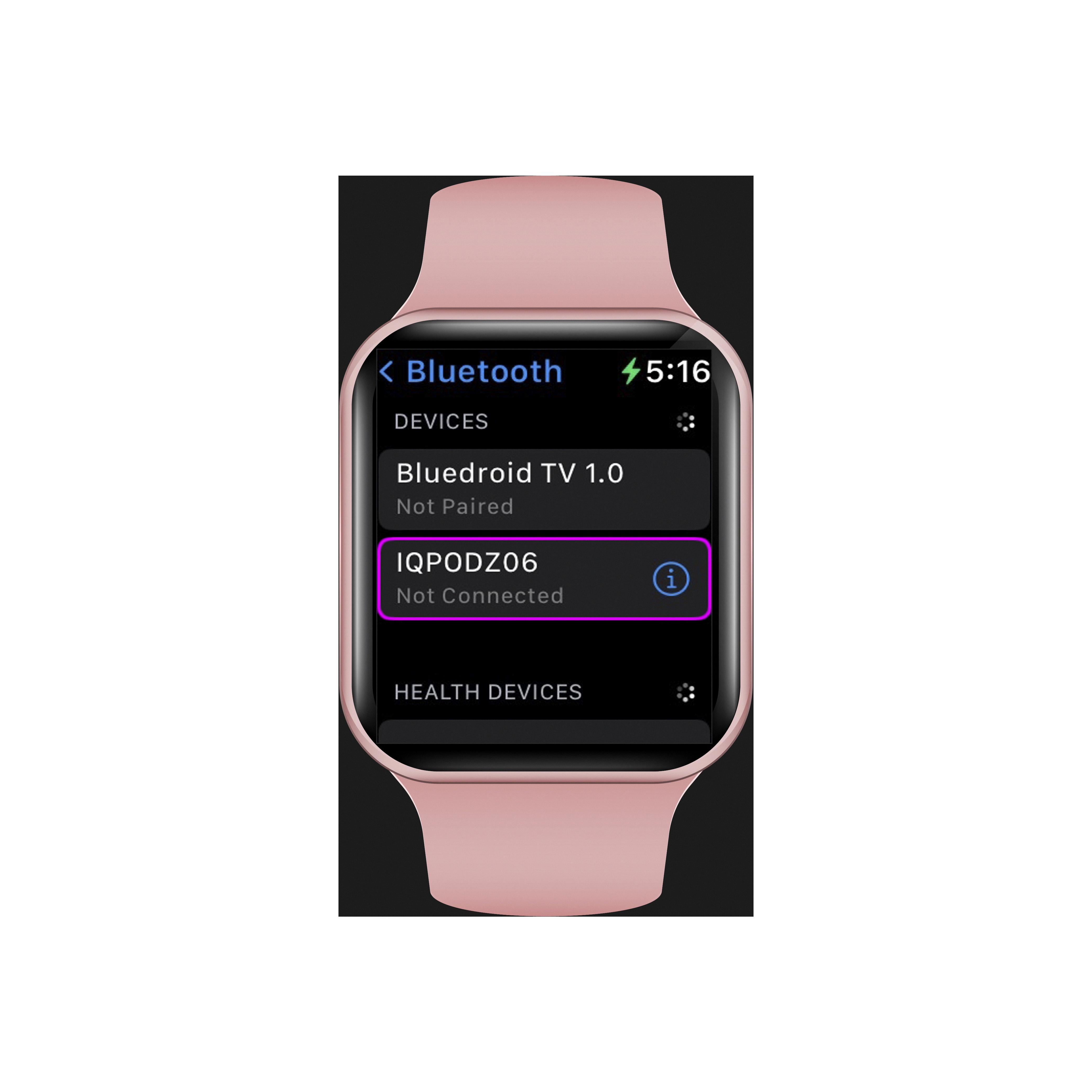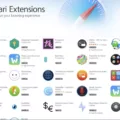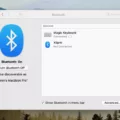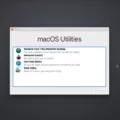It can be qite confusing to know whether or not to keep your laptop on when it is closed. On the one hand, there are benefits to leaving your laptop on while it is closed. But, on the other hand, there are some potential risks that should be taken into consideration.
When you close your laptop and leave it turned on, you can continue to receive emails, updates and other notifications from programs and applications in the background. This can save you time when you open up your laptop again since these tasks will already be done. Also, if you are using an external monitor or keyboard with your laptop, having it on allows for a seamless transition between them without having to shut down or restart the computer.
While leaving your laptop on while closed does have its advantages, there are also some potential risks associated with this practice. For instance, overheating is a major concern as heat can build up inside the case if there is no airflow coming through the vents. This can cause serios damage to internal components and reduce the lifespan of your machine. Additionally, leaving your laptop on while closed increases power consumption which adds an unnecessary cost to running the machine over time.
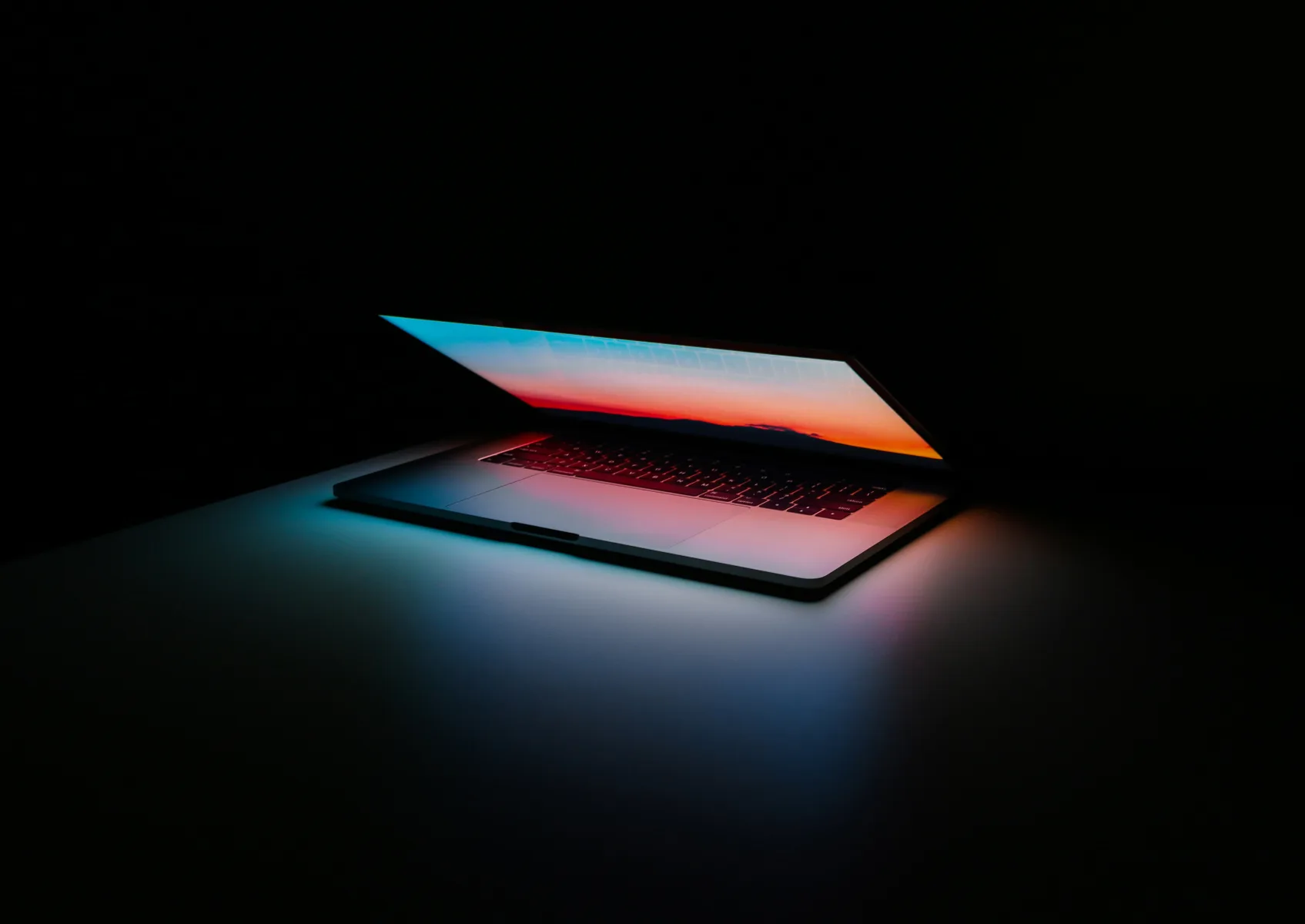
The best practice for keeping your laptop running safely and efficiently is to close it only when you’re done using it for a period of time and turn it off completely until you need it again. This alows for proper cooling of internal components as well as conserving energy. If you must keep your laptop on while closed for whatever reason (like continuing downloads in the background), then make sure that ventilation ports are unobstructed and consider investing in a cooling pad that will help regulate temperatures within the enclosure.
Ultimately, wheher or not to keep a laptop on while closed depends upon individual needs and preferences but considering all factors involved can help ensure a safe and efficient computing experience overall!
Keeping a Laptop On While Closed
To keep your laptop on whie it’s closed, go to the Start button and type “Lid” into the search bar. From there, click on “Change what closing the lid does.” Next to “When I close the lid,” you’ll see two drop-down menus for “On battery” and “Plugged in.” Click on either or both of them and select “Do nothing” from the options. Doing this will allow you to keep your laptop on without having to keep it open.
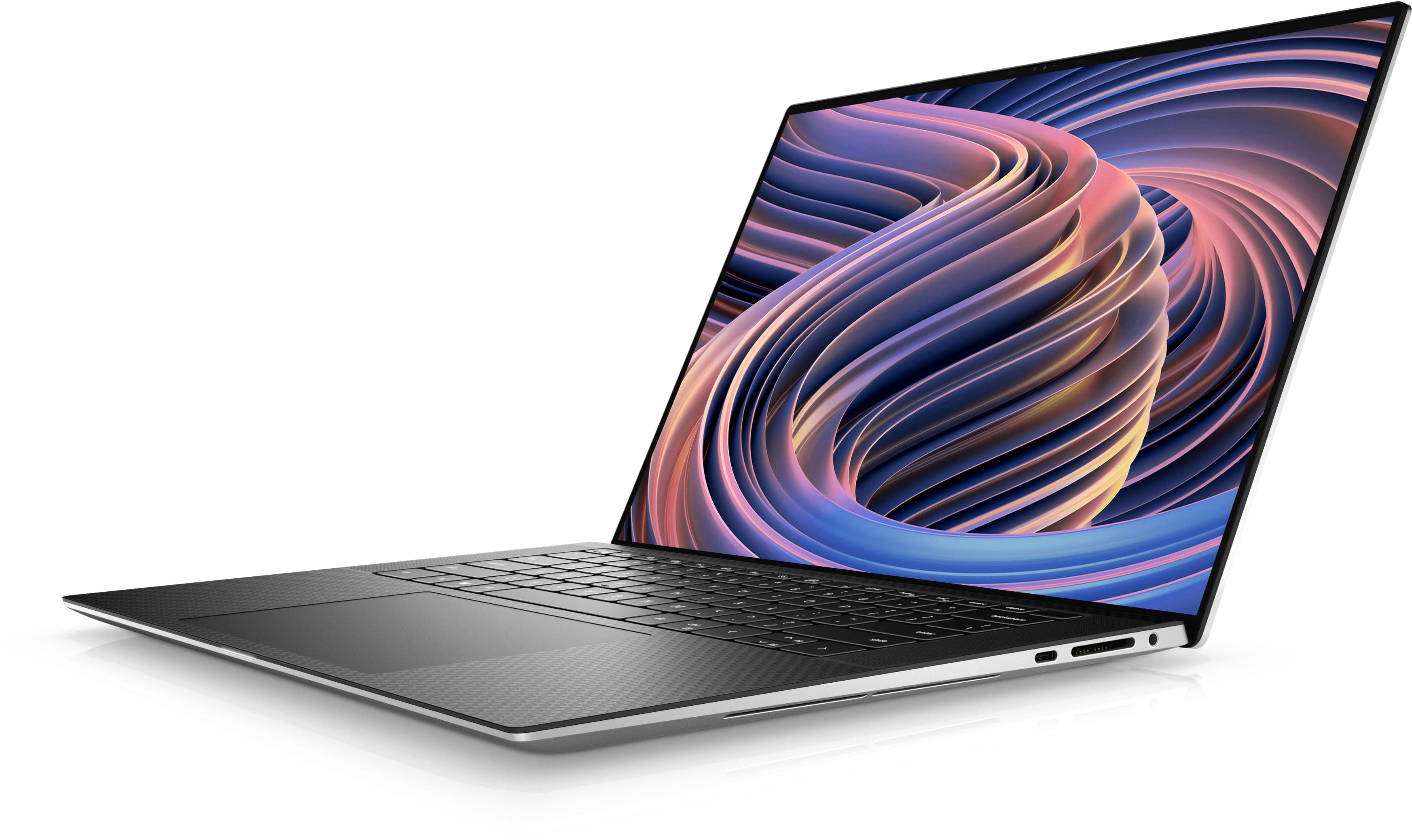
Source: dell.com
Preventing a Laptop from Shutting Down When Closing the Lid
To stop your laptop from turning off when you close the lid, you can adjust the power and sleep settings. To do this on a Windows laptop, firt click on the ‘Best Match’ option and select ‘Power & Sleep Settings’. Then, in the ‘Related settings’ section, click on ‘Additional power settings’. On the left-hand side of the Power Options screen, click on ‘Choose what closing the lid does’ and select ‘Do nothing’. This will prevent your laptop from automatically shutting down when you close the lid.
Closing Laptop Lid and Using External Monitor
If you are using a Windows 10 laptop, you can easily close the lid and use an external monitor. First, right-click the Battery icon > Power Options > Choose what closing the lid does. Select “Do Nothing” under Plugged in. This will keep your laptop running even when you close the lid. Then, connect your external monitor to your laptop via HDMI or VGA cable and a USB power source. Once connected, press Windows Key + P on your keyboard to open up the Project settings window. Here, select “Extend” to extend your desktop onto the external monitor. Now you can close the lid of your laptop and stil use the external monitor for work or entertainment purposes!
How to Keep Your Laptop Awake
To keep your laptop awake, you will need to adjust your computer’s power settings. First, click on the small arrow icon in the bottom right corner of your screen to view all available icons. Then, right-click on the Battery icon and select Power Options. In the When I Close The Lid menu, select Do Nothing from the dropdown menu. This will allow your computer to remain powered up and awake even when the lid is closed.
Keeping a Laptop Active at All Times
To make your laptop active all the time, you’ll want to adjust the power settings. Start by locating the Battery icon in the System Tray (at the bottom-right corner of the screen). Once located, click on it and select Power Options Control Panel from the menu that appears. On the left side of this window, select Choose what closing the lid does. You’ll be presented with options for how your laptop shuld behave when you close its lid. Select “Do nothing” for both “On battery” and “Plugged in” options and then click Save Changes. That’s it! Now your laptop will stay active even when its lid is closed.
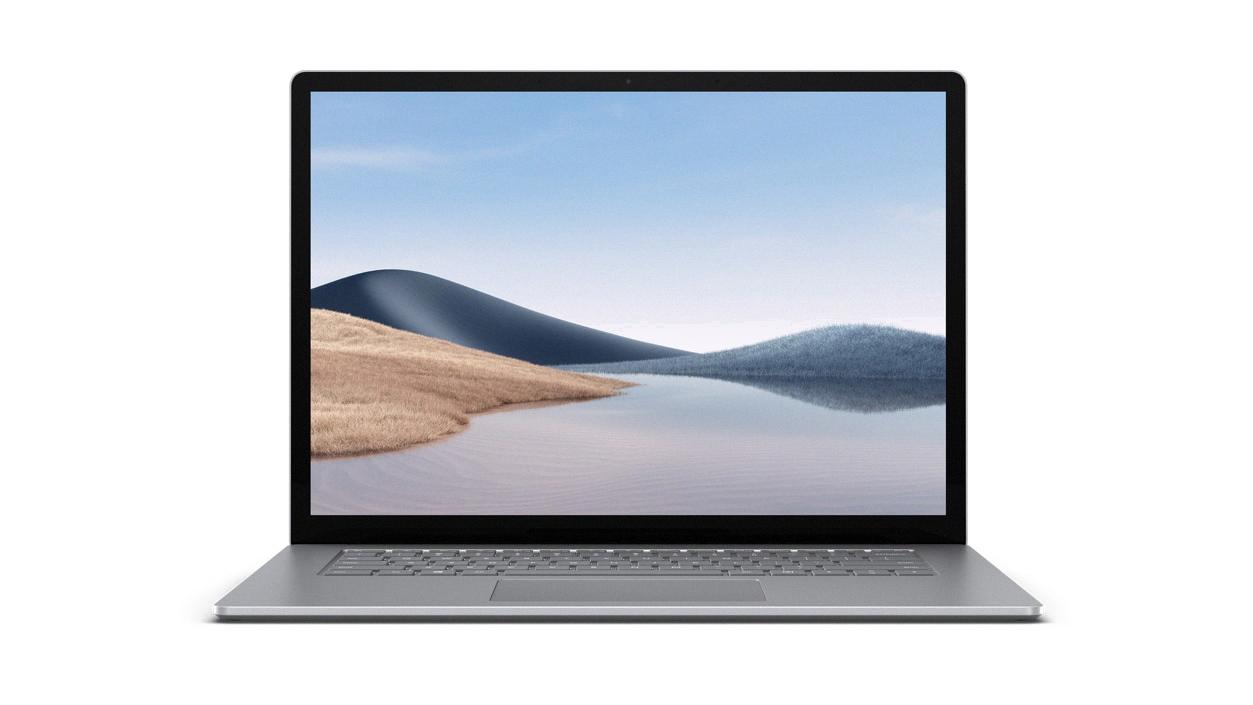
Source: microsoft.com
Enabling Clamshell Mode on a Mac Laptop
To put your Mac laptop into clamshell mode, start by closing the laptop screen. On newer models like the 2021 16-inch and 14-inch MacBook Pro with M1 Pro or M1 Max chips, this will automatically initiate clamshell mode. On older laptops, you may have to press the external keyboard’s spacebar after closing the screen in order to initiate clamshell mode. This will allow you to use your laptop with just an external display and keyboard.
Conclusion
In conclusion, a laptop is an incredibly powerful and versatile tool for everyday computing. It offers superior portability and convenience compared to a desktop computer, with features such as long battery life and a compact form factor. With its vast array of features, it can be used for tasks such as writing emails, browsing the web, creating documents, streaming videos and playing games. Additionally, laptops offer a variety of connectivity options such as Bluetooth, Wi-Fi and USB ports that alow users to easily transfer data and connect to external devices. All in all, laptops are an essential device for modern life that provide a great balance of power and portability.


